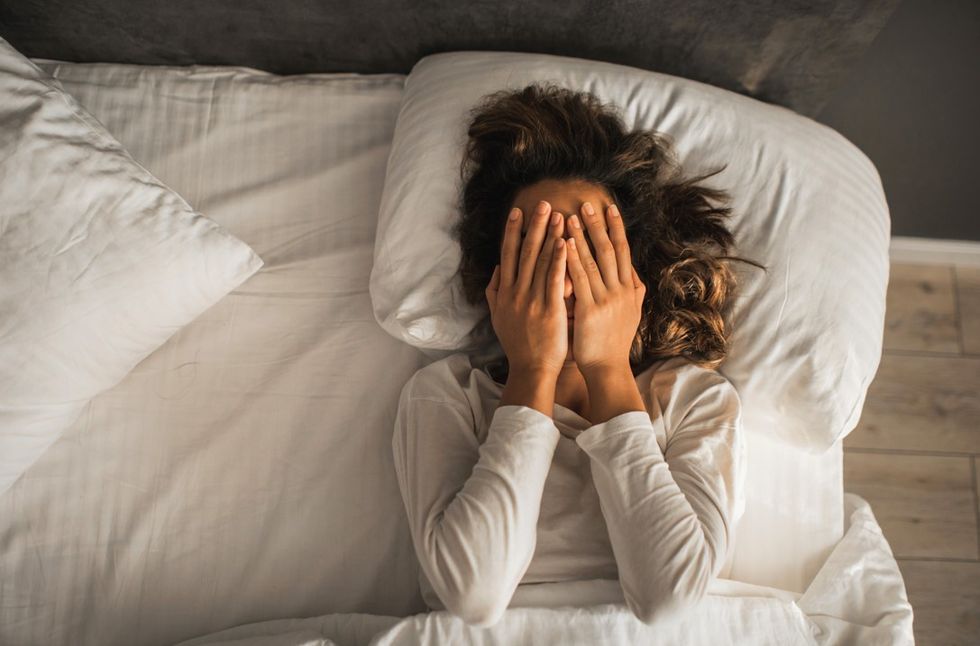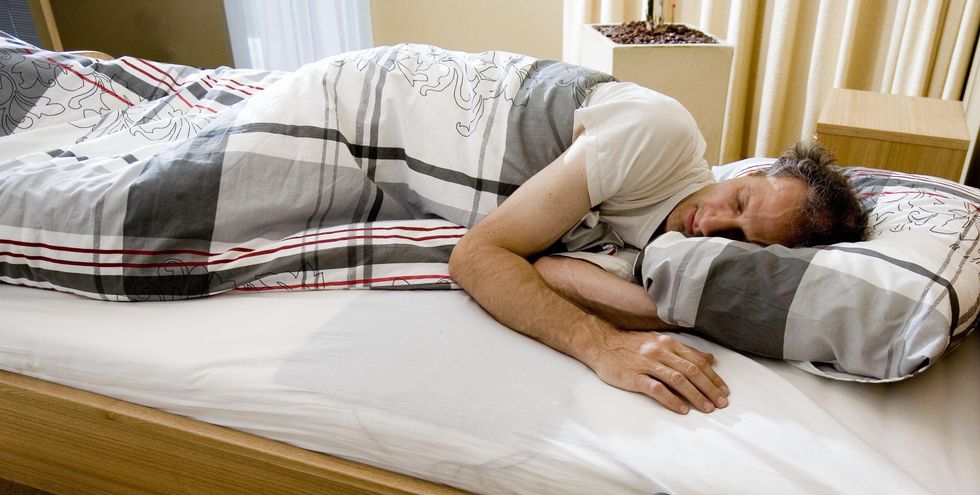Britons who wake up during the night are more at risk of dementia - warning
Those who wake up during the night could be more likely to develop dementia, a new study suggests
Don't Miss
Most Read
Trending on GB News
The study looked at the sleeping patterns of people in their 60s to identify health risks.
It found those waking up at least twice in the night could be more at risk of dementia.
The research analysed the sleep patterns of more than 88,000 people in the UK.
Those in the study had an average age of 62 and their sleep was monitored for seven years.

Waking up during the night could be a sign of dementia
GETTY
Some 480 adults who took part developed dementia and experts at the American Academy of Neurology found a link between sleep and the illness.
Those with irregular sleep were shown to be 53 per cent more likely to get the illness, although the exact reason for the link is unclear.
The research classed "irregular" sleep as sleeping in short stints lasting one to four hours.
Regular sleep is going to bed and waking up at the same time.
Constantly having irregular sleep can cause issues with cognitive functioning, leading to illnesses such as dementia.
The study authors said: "Sleep regularity displayed a U-shaped association with risk of incident dementia.
"Irregular sleep may represent a novel dementia risk factor."
A lot of research is still needed to understand the causes and find possible preventions for dementia.
LATEST DEVELOPMENTS

How someone sleeps can affect their health
PA
A new NHS test that is set to start trials could detect dementia within seconds.
This will be done using a blood test and it could be rolled out within years.
More tests are needed to make sure the test gives reliable results.
Trials will be run in the NHS with the hopes of creating a test that gives accurate results to be available within five years.









